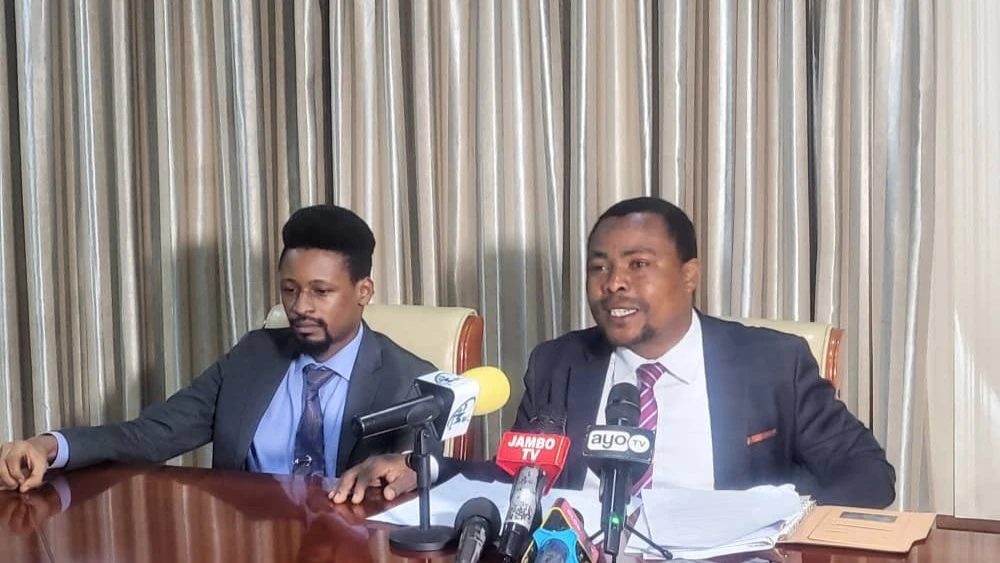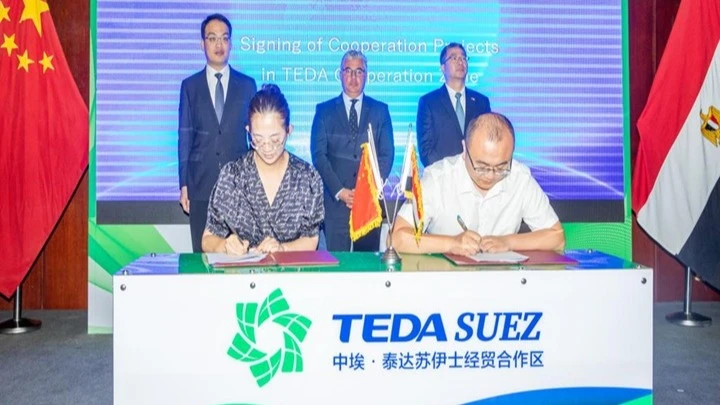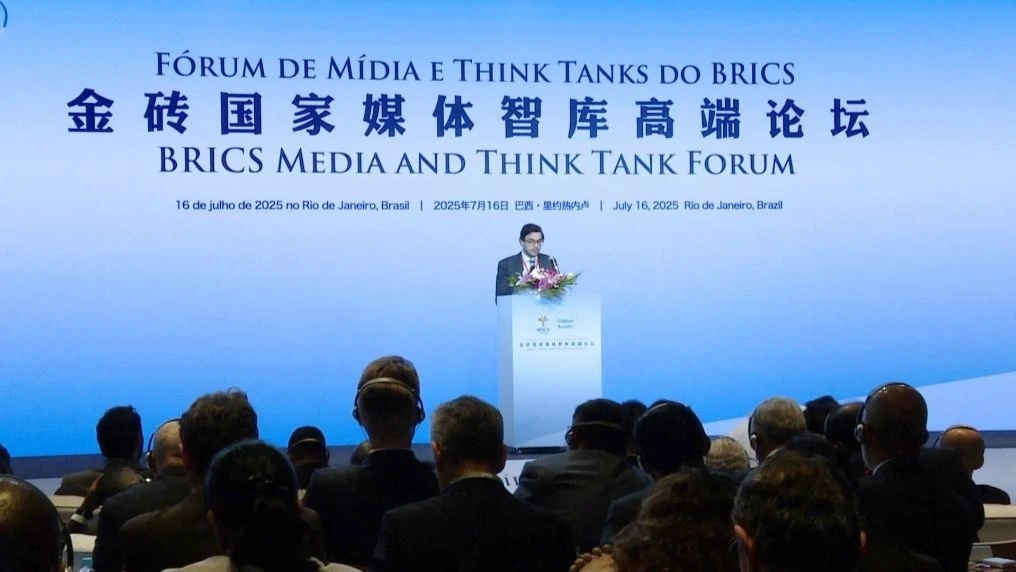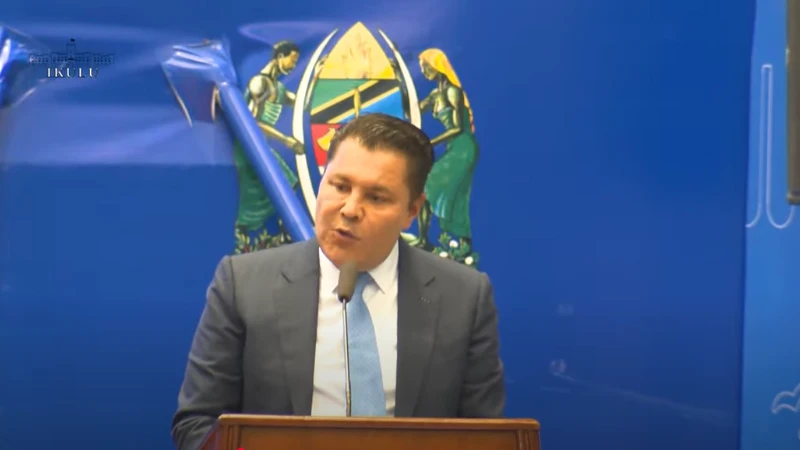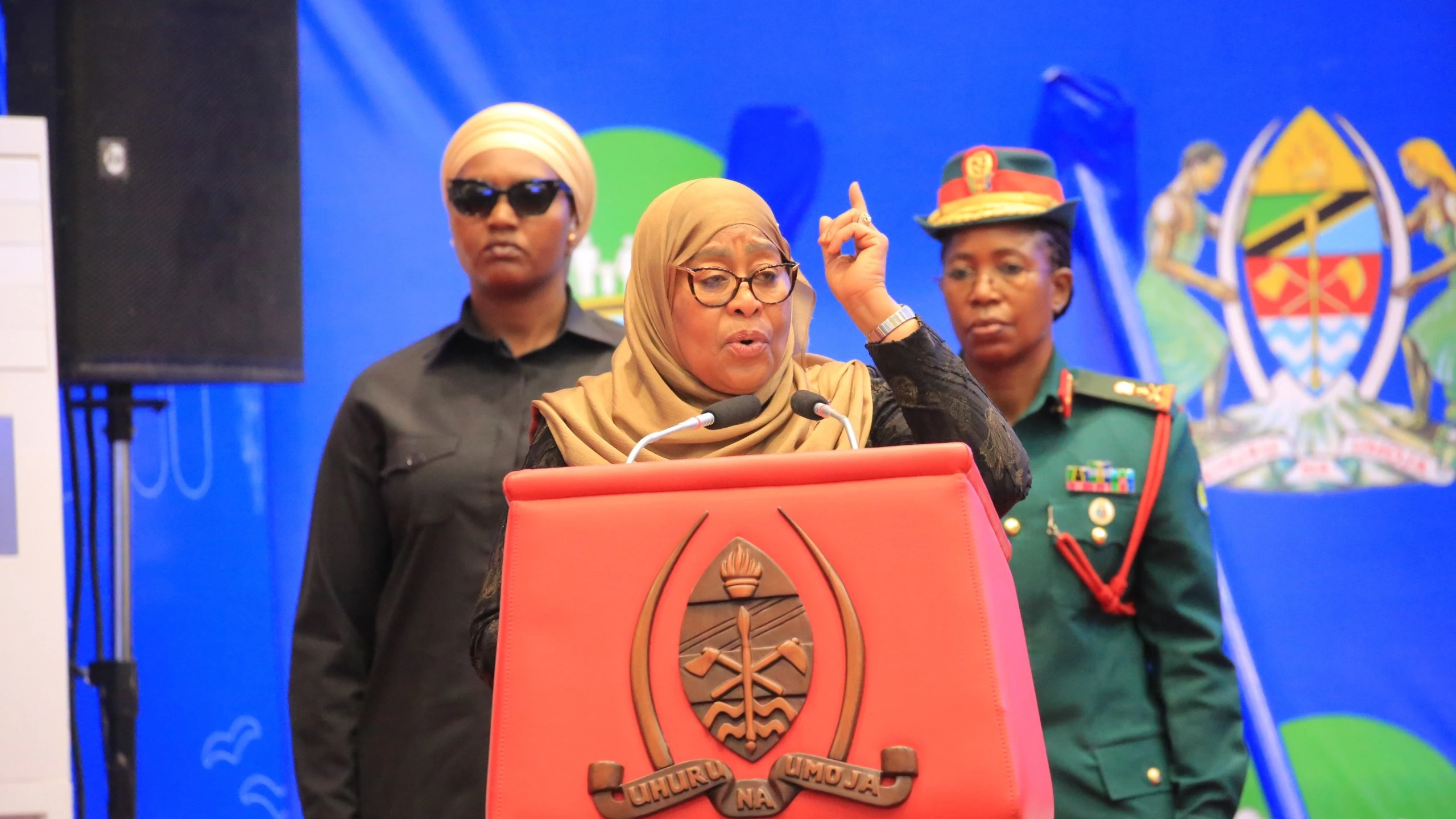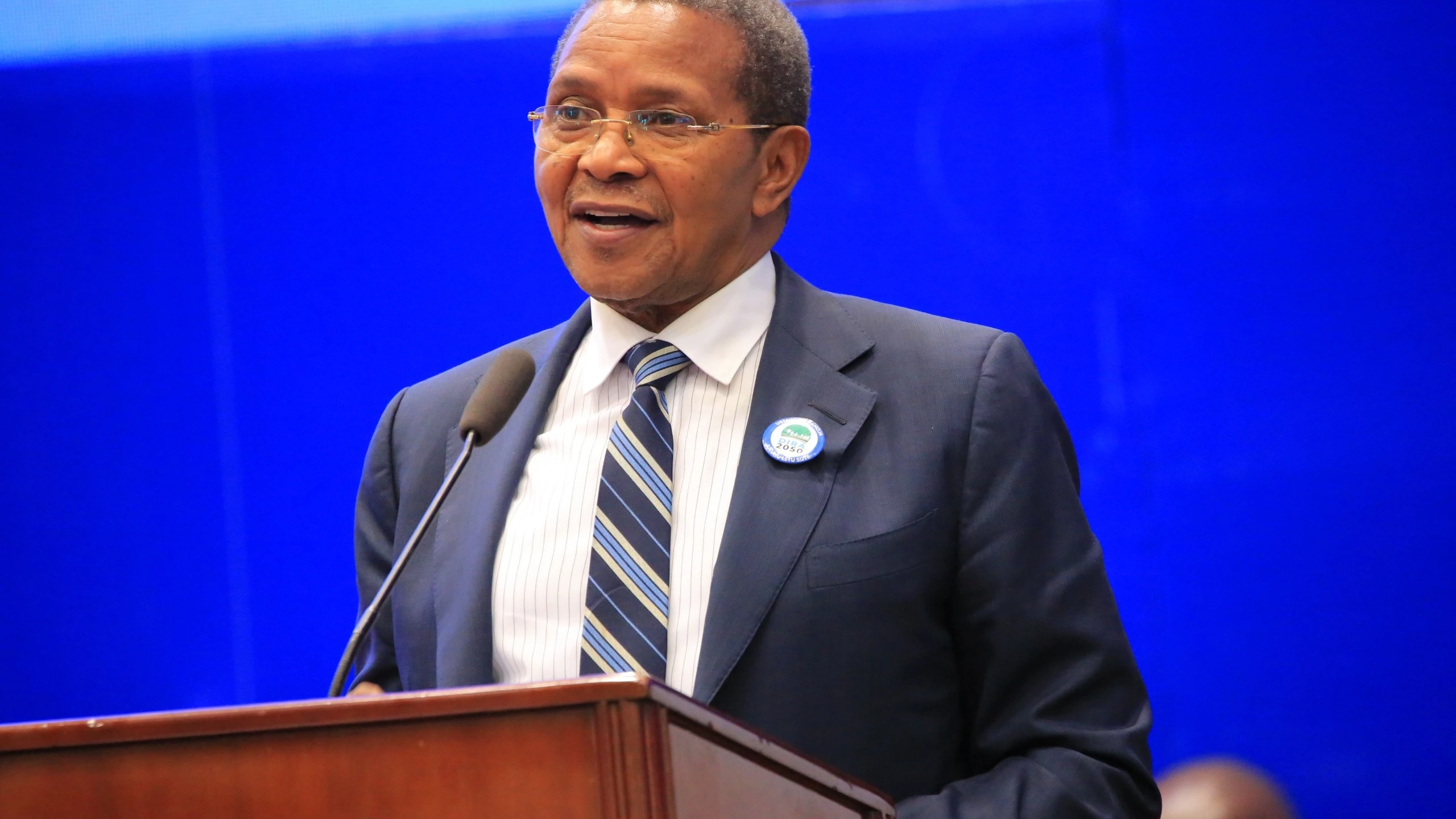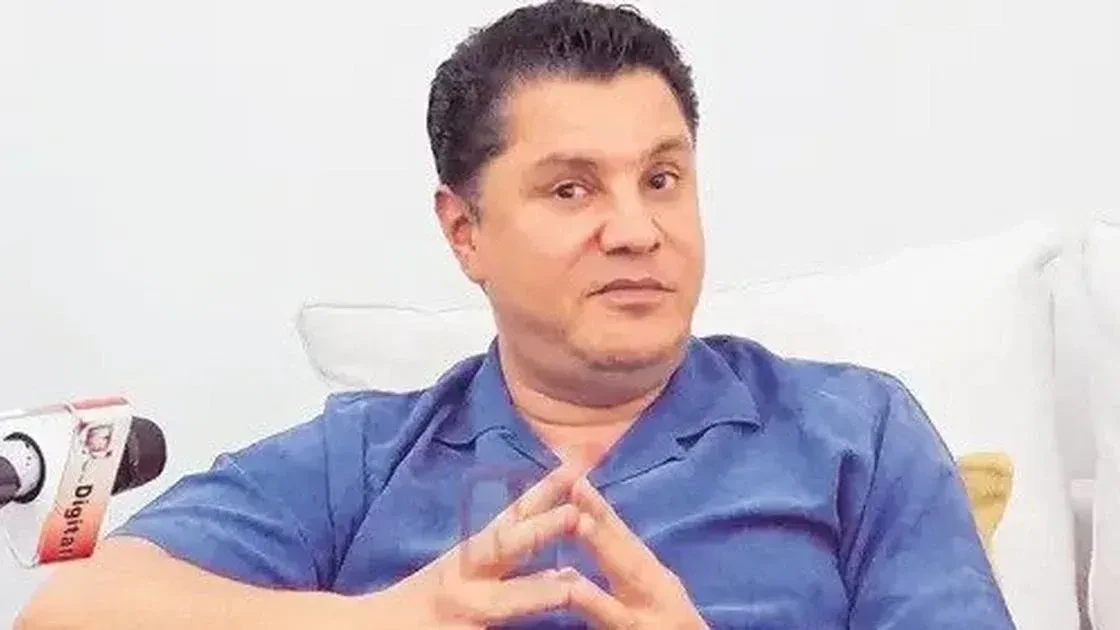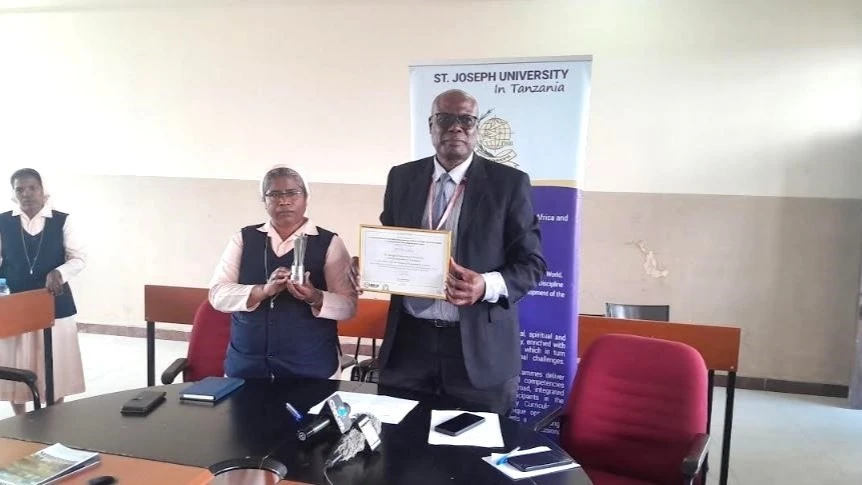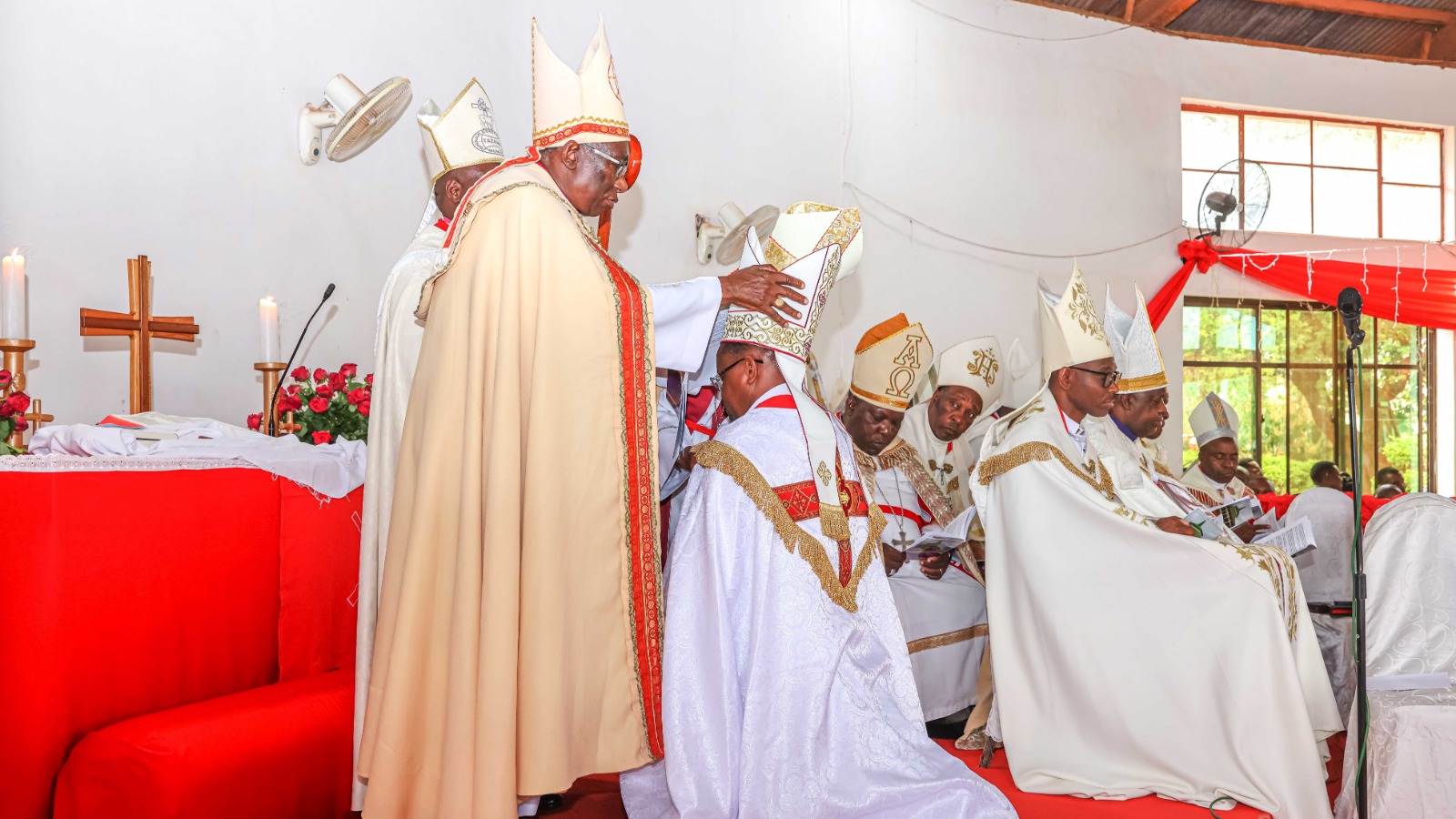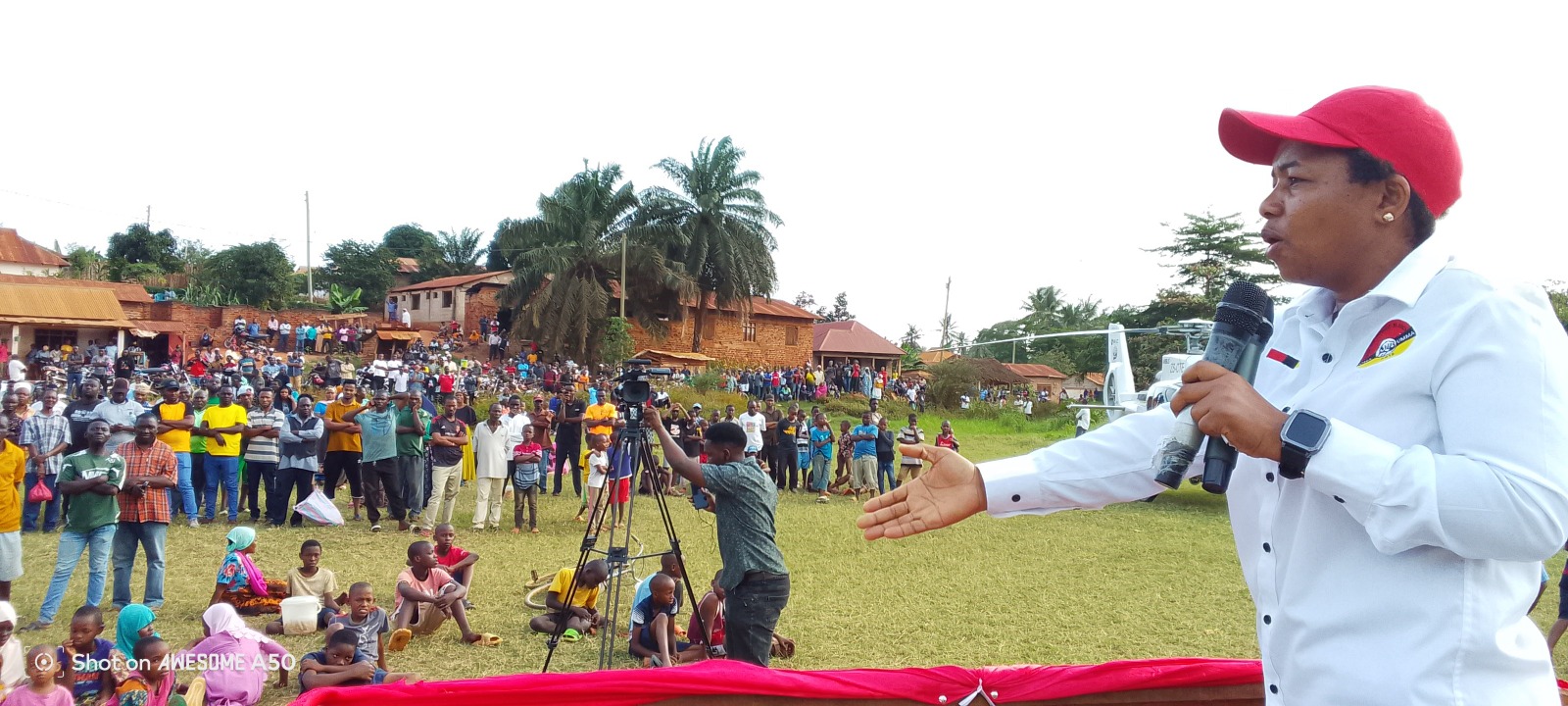Tanzania embraces skills revolution inspired by Denmark
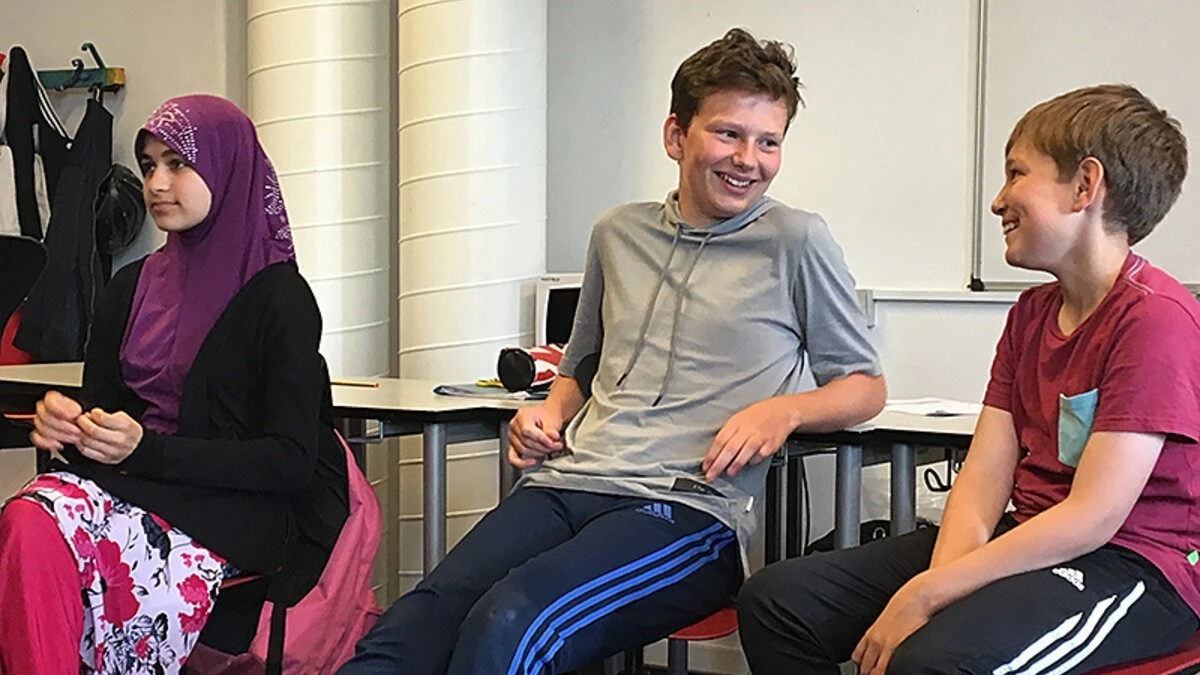
In the quiet corridors of Danish vocational schools and the bustling meeting rooms of Copenhagen’s labor institutions, a bold vision emerged—one that could transform the future of work in Tanzania.
Recently, the Association of Tanzania Employers (ATE), in partnership with the Confederation of Danish Industry (DI), embarked on a study tour to Denmark.
But the purpose was more than diplomatic—it was deeply practical: to understand how Denmark, a country with fewer than six million people, has built one of the world’s most responsive and future-proof skills development systems.
What they discovered was not just impressive—it was inspiring. More importantly, it was replicable.
A Danish Discovery: Systems That Talk to Each Other
Albert Richard Rukeisa, Head of Learning and Development at ATE and part of the delegation, shared some critical insights:
“In Denmark, Sector Skills Councils (SSCs) aren’t ceremonial groups. They are the mechanism through which the country adapts to a fast-changing global economy.”
In Denmark, employers, unions, vocational training institutions, and government ministries all sit at the same table—co-designing the skills of the future.
At ZBC in Roskilde, one of Denmark’s leading vocational schools, the Tanzanian team saw how curricula are shaped by direct input from industries.
“Real-time labor data feeds into course development,” Rukeisa explained. “Apprenticeship programs are embedded into the education model. And most significantly, outcomes are measured—not just in exam scores, but in employability.”
For Tanzania—where youth unemployment is persistent and industries often struggle to find the right talent—the lessons were clear.
Tanzania’s Turning Point: From Learning to Action
The Denmark visit could have ended as just another well-intentioned international mission.
Instead, it sparked real momentum.
Weeks later, ATE and DI co-hosted a TVET Stakeholders Forum in Dar es Salaam under the theme:
“Partnerships for Skills—Building Strong Sector Skills Councils in Tanzania.”
Far from being a routine conference, the forum marked a strategic turning point.
It brought together policymakers, private sector leaders, educators, and development partners—stakeholders who seldom share the same table.
The conversations were candid. The goals were aligned. And by day’s end, a shared vision emerged: Tanzania must pilot Sector Skills Councils in priority sectors by 2025/2026.
“These aren’t just buzzwords. They are policy shifts in motion,” Rukeisa emphasized.
The Real Question: Are We Ready to Share Power?
Implementing SSCs in Tanzania will require more than just policy papers. It calls for a cultural shift.
“It demands a move from command-and-control governance to shared governance,” Rukeisa said.
It also means employers can no longer merely complain that graduates are unprepared—they must become active participants in shaping the education system.
TVET institutions must teach in partnership with industries, not in isolation. And the government’s role must go beyond regulation—it must create platforms for feedback, data-sharing, and innovation.
“This will not be easy,” Rukeisa admitted. “But if Denmark has taught us anything, it’s this: skills development is not a sector—it’s a system. A living, breathing ecosystem that must be nurtured by every corner of society.”
A Workforce at a Crossroads
“Tanzania stands at a crossroads,” Rukeisa noted. “We have the youngest population in East Africa. Our strategic location, expanding infrastructure, and resource potential offer competitive advantages.”
But without the right skills, those advantages risk turning into missed opportunities.
“In a world racing toward automation, green technology, and artificial intelligence, the skills we teach today will define who we become tomorrow,” he emphasized.
Tanzania cannot afford to continue producing graduates trained for yesterday’s economy. The urgency to modernize and align skills with future demands is now.
The Journey Ahead
The Denmark study tour was not a one-off event. It offered a glimpse of what is possible when coordination replaces confusion, and when skills development becomes everyone’s business.
The July forum in Dar es Salaam made one thing clear: Tanzania is ready.
The private sector is stepping up. Policymakers are listening. Institutions are evolving.
What remains is execution—with speed, discipline, and unwavering collaboration.
“This isn’t about copying Denmark,” Rukeisa concluded. “It’s about building our own version—rooted in Tanzanian realities, but informed by global best practices.”
Because the real question isn’t whether Tanzania can build a future-ready workforce—
It’s whether we have the courage to build it together, starting now.
Top Headlines
© 2025 IPPMEDIA.COM. ALL RIGHTS RESERVED











